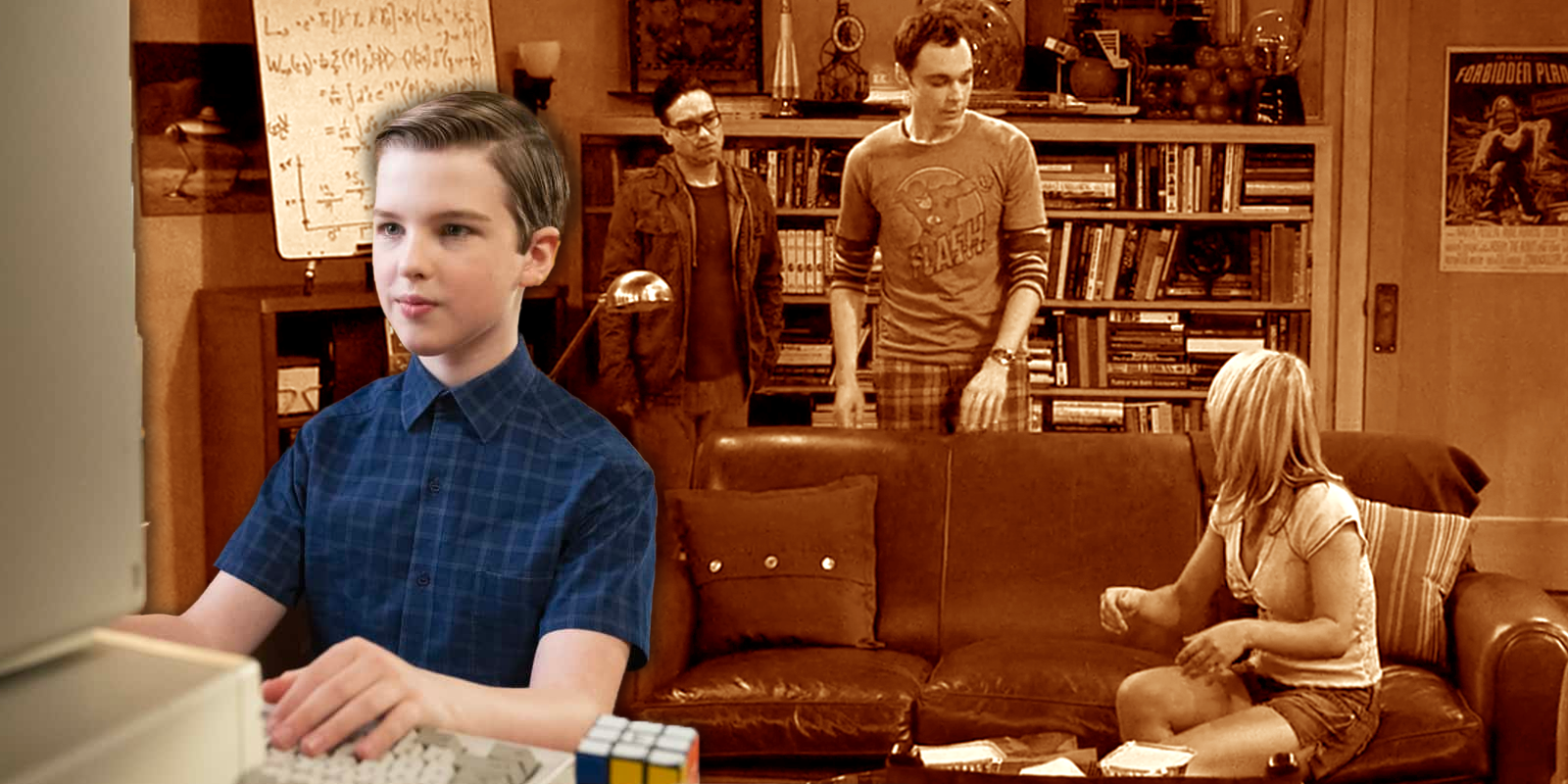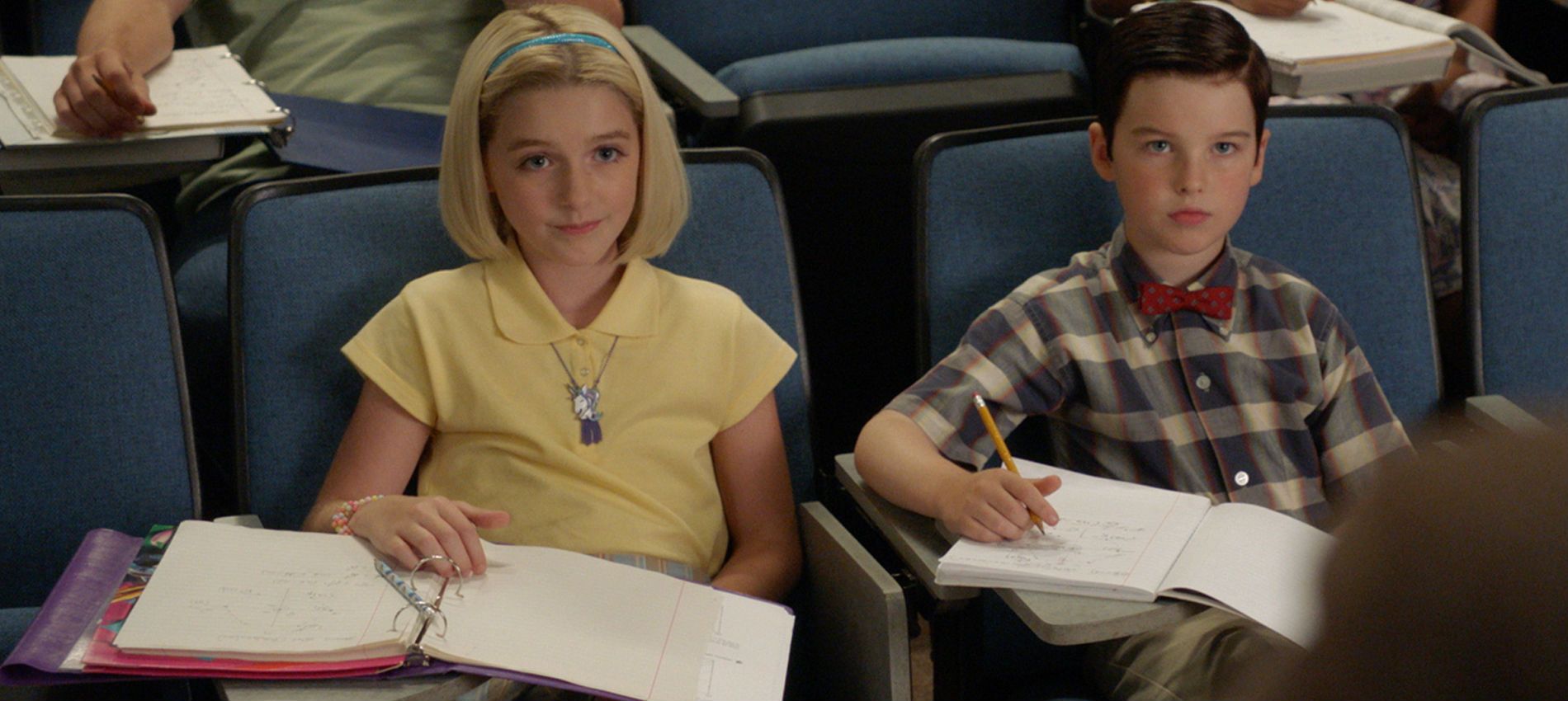
Big Bang Theory spin-off Young Sheldon has explained one of the title character’s funniest quirks and set up one of the sitcom’s longest-running gags in the process. In both shows, characters are used to Sheldon being deeply particular, demanding that things be just so. One of The Big Bang Theory's longest-running gags revolves around his claim over a very specific spot on the couch, generally sending the character into an irate tirade whenever anyone else sits there. Penny was the first to sit in Sheldon's spot in the very first episode of the show, and immediately faced the consequences.
Since the series began, Young Sheldon has spent many of its episodes explaining how Sheldon came to be so particular and finicky, and why his friends indulge him. When the character is surrounded by strong-willed family members in Young Sheldon, it can sometimes be hard to imagine how he became such an antsy adult. The chaos of Sheldon’s family home means the title character is often forced to compromise despite his desires, making his obstinacy in The Big Bang Theory a mystery.
The Young Sheldon season 5 episode "Pish Posh and a Secret Back Room" explains how the character manages to always get his way, becoming as persnickety as he is later on in The Big Bang Theory. When the family agrees about Georgie moving into the garage, Sheldon puts the kibosh on the plan because he can't deal with the thought of moving his model trains. Missy complains that he only gets his way because the family would rather accommodate him than listen to his constant complaining. George agrees, and Sheldon learns the wrong lesson, cementing his future tendency to rely on complaining as a means to ensure his environment never changes.

Interestingly, as the episode continues, Missy does challenge Sheldon’s reticence around change and eventually, he is convinced to accept the reality of the room reshuffle. However, Young Sheldon’s Missy is a lot more strong-willed than many of Sheldon’s friends from later in life, and it makes sense that the characters of The Big Bang Theory would prefer to hide changes from the character rather than repeatedly guide him through accepting every minor alternation to their established norm.
The fact that Sheldon appears to accept change once given a chance to acclimate to the new circumstances implies that his older Big Bang Theory friends could have saved themselves years of trouble by pushing the character instead of acquiescing to him, but this is not the first time that theme has appeared on both shows. Throughout The Big Bang Theory, Penny—and later on Amy—repeatedly prove that Sheldon can try new things and accept change when nudged in the right direction. It is generally Leonard’s lack of faith in his friend and the group’s frustration with earlier attempts that stops them from taking this approach. Penny’s work throughout The Big Bang Theory eventually pays off and by the end of the series, Sheldon is a (marginally) more laidback character than his Young Sheldon counterpart.
from ScreenRant - Feed https://ift.tt/3bNAoSt
via IFTTT
No comments:
Post a Comment